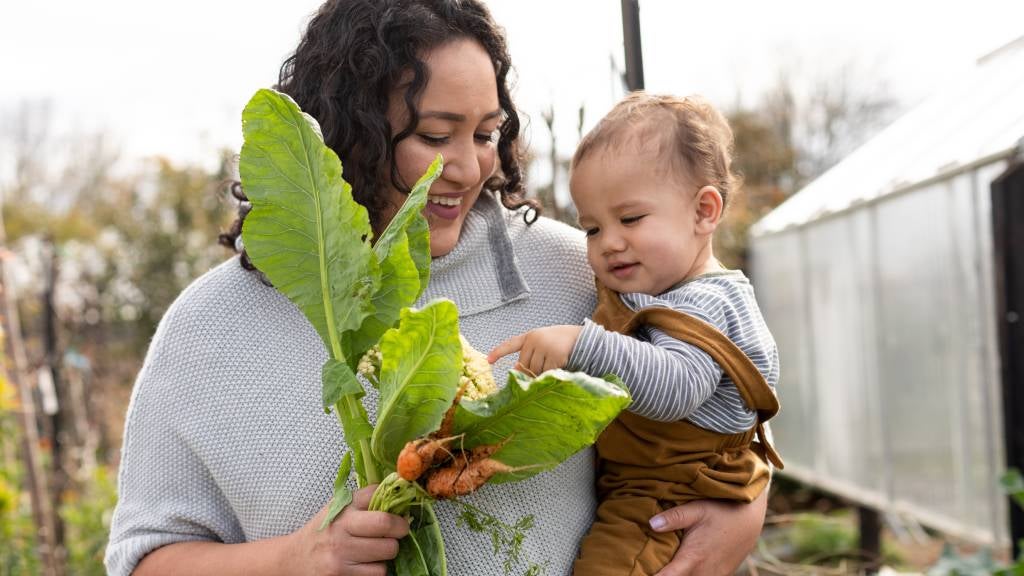Starting a veggie garden: What to include to help save money on your grocery bill

You know you’re a grown up when you’re shocked by the price of vegetables at the grocery store. And you know the situation is serious when you talk about it with colleagues and friends.
But that is the state of the nation these days, with food prices rising faster than they have at any point in the last 14 years for the year ended October 2022. Not to mention, the food group with the highest price increase is fruits and vegetables, which have gone up by 17% compared to 2021.
It’s one thing that you have to eat greens to stay healthy, but entirely another that you have to pay so much for it.
With that in mind, it’s no wonder so many Kiwis are looking at their thumbs and searching for a green tinge in order to save on their grocery shop. If that’s you, we’ve compiled a list of vegetables and herbs that walk the line between relatively easy to grow at home, and greens that could help you save on your grocery bills if you don’t have to buy them at the store.
Which vegetables and herbs you can grow at home to save on grocery bills
- Lettuce: Versatile in the kitchen and easy to grow in the garden
- Tomatoes: Try both cherry and roma crops for variety in your veggie garden
- Carrots: Can be ready in just eight weeks and easy to grow
- Spring onions: They take up very little room and add loads of flavour to your cooking
- Herbs: Mint, sage, rosemary and parsley are all easy to grow, and useful in everything from drinks to lamb roasts
- Broccoli: Can be quick to yield and highly nutritious – add cauliflower to the list as well!
- Basil: Excellent for all your pasta dishes
- Perpetual spinach: You can harvest it pretty much all year round
- Snow peas: Great for small gardens as they are climbers, so you need a wall or fence but not a lot of ground space
Extra tips for growing your own veggie garden
- Set up reminders on your phone for when to plant each crop
- Consider investing in a home soil testing kit to test the pH levels of your soil or consider the free soil test offered by the School of Environment at the University of Auckland. This could help you determine what nutrients it needs (if any) to grow better veggies
- Even if you only have a small space, don’t be tempted to plant seeds too close together – veggies need room to grow well
- Practice crop rotation (plant different things in each place each year) to help keep the soil healthy
- Did you know the best soil is virgin soil? Simply dig over a patch of lawn turf and enrich the soil with compost
- Water your garden in the morning rather than the evening so the leaves have time to dry before nightfall
- If you have little or no space at home, see if there’s a community garden nearby you can contribute to (and benefit from)
- If in doubt, plant disease-resistant varieties for the hardiest of crops
- Have too much of a crop to eat fresh? Either swap it for another fresh veggie with a friend or neighbour, or freeze it for winter if you can
Plant the seed now
Many of us may be concerned about financial matters these days, so if you’re worried about what would happen should you experience a life-altering change or even sudden death, you can look into your options for life insurance.
It’s a seed you can plant now to help protect your family financially when the time comes.
16 Jan 2023